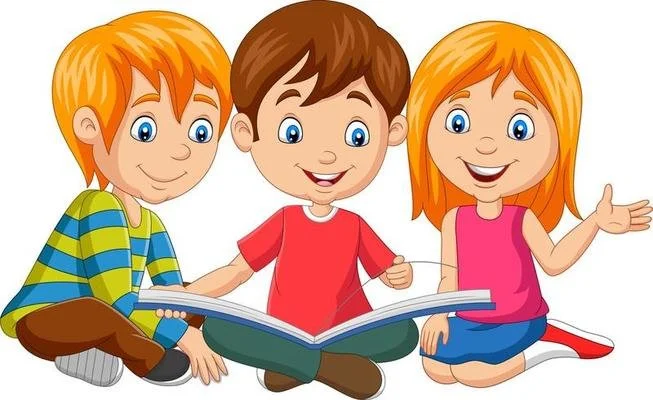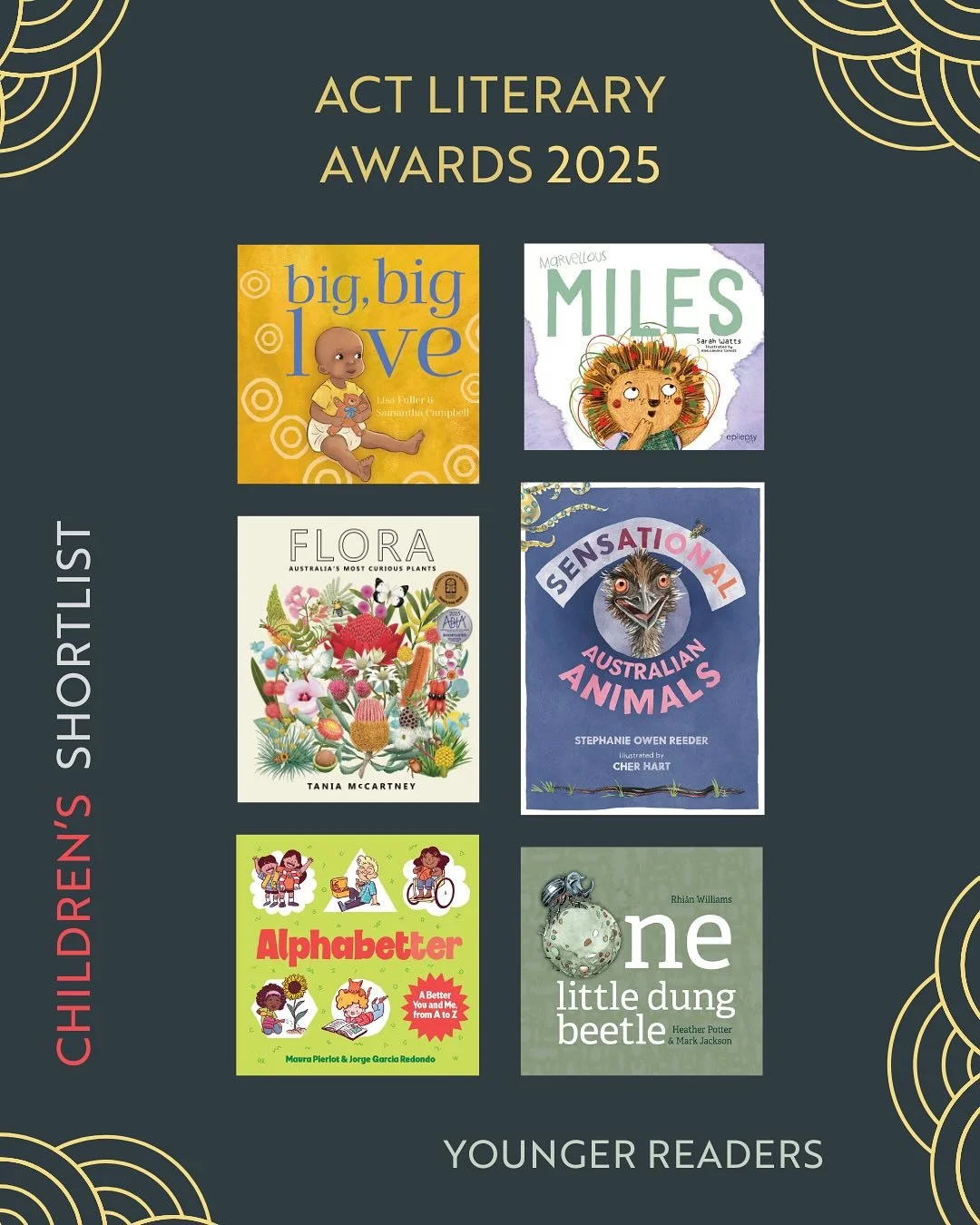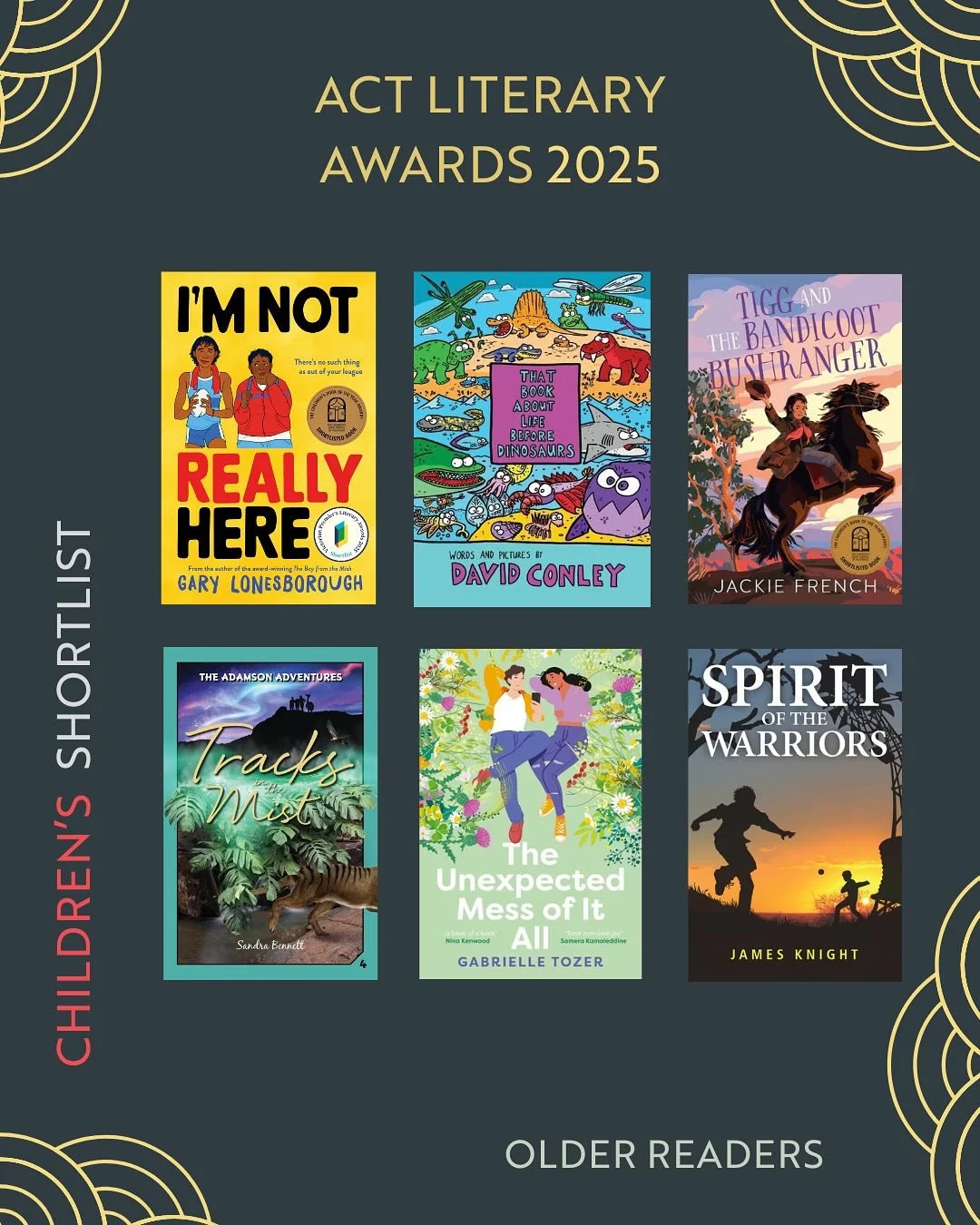Let’s be honest, we all like to think we have good habits when it comes to reading, but I am constantly shocked when I hear that kids are growing up in homes without books or that parents don’t make reading a feasible option. or priority.
Just the other evening I had a discussion with my sister-in-law about this subject. She works at a well known private school here in Canberra, where teaching learning to read has changed again. I often wonder why we can’t seem to find a system where we can include all strategies for learning to read. Surely a combination of skills available is best..
Sharing a printed book is much more fun.
When I went to teacher’s college many years ago, we were taught to teach reading through meaning. Over the years I incorporated phonetics, sight words, and every other strategy I could put my hands on. This included kinaesthetic, auditory, , tactile, role-modelling and simply reading for enjoyment.
Reading is a skill we tend to take for granted, that is, until we hear that literacy levels in our children are decreasing. With the constant rise in distractions from numerous devices, we are overlooking the need to sit quietly with a good book in our lap and escape to other worlds, and places within our imagination. Even my 7 year old grandson is learning to read through an app on a mobile device rather than physical books. I wonder does this app help the school save money rather than the purchase of new home readers? Is economics a reason for this, or is it because the schools believe kids should all be learning through some form of electronics? Is this brave new world really better for our children?
Reading on a device is more solitary, it’s much harder to share.
Isn’t a print book in the early years of reading better for our children, parents and teachers? With a printed book kids are learning the physicality of reading. Which way to hold a book, reading from left to right, beginning to end, top to bottom of the page, even the smell of a new book can be intoxicating.. With a printed book they can visibly see the length of the book, the chapters and words on the page and feel a sense of achievement when they have finished reading a book. Reading also teaches a sense of quiet time, relaxing, and sharing a book aloud. Reading on a mobile phone is so much more difficult to share. It’s harder to both read the words or see the pictures . A beautiful picture book has so much more to offer when you turn the pages. As far as I am concerned, in this case, size does matter. A printed book allows for a good text size while also leaving room for the illustrations. To enlarge the text on a phone, means the full page is lost and thus so is the ability for reading through context for meaning. If you can’t see the full picture, how can you ‘guess’ what the story is about or possibly find comprehension?
There’s nothing wrong with independent readers or adults using e-readers, they have already learnt to read, but don’t we owe it to our little ones to share the joy of the printed page?
Do you read printed books or e-books?
Do you read everyday, to yourself or with your children or only when you feel in he need occasionally?
Do you never read? Keep in mind reading for enjoyment and relaxation isn’t the only form of reading. Reading for information, and learning is just as important.
Last Thursday night I was invited to attend the ACT Writer’s Literary Awards as my chapter book Tracks in the Mist, the Adamson Adventures 4, had been short-listed in the children’s books for Older Readers category. I was fascinated to see the youngers readers short-listers were mainly non-fiction. The two books that were highly commended were both non-fiction, Flora: Australia’s Most Curious Plants by Tania McCartney and Sensational Australian Animals by Stephanie Owen-Reader and Cher Hart. The other short-listed books were Alphabetter by Maura Pierlot and Jorge Garcia Redonso and One Little Dung Beetle by Rhian Williams, Heather Potter and Mark Jackson. The winner in the Younger Readers Category was Big, Big, Love by Lisa Fuller and Samantha Campbell.
Jackie French took out the winner in the Older Readers (middle-grade) with her book Tigg and the Bandicoot Bushranger. The winner for the Young Adults was The Unexpected Mess of it All by Gabrielle Tozer.
How do you feel about texts for young readers being on devices?
Do you still have printed books at home to share with your little readers? A house filled with books is a happy home. Reading is nurtured and children feel loved when you take the time to read with them. Please read regularly with your kids. Learning to read starts at home. We all need to be better role-models. Be seen to enjoy reading and offer to read with your child every day. It doesn’t need to be long, 15 minutes a day makes a huge difference.



